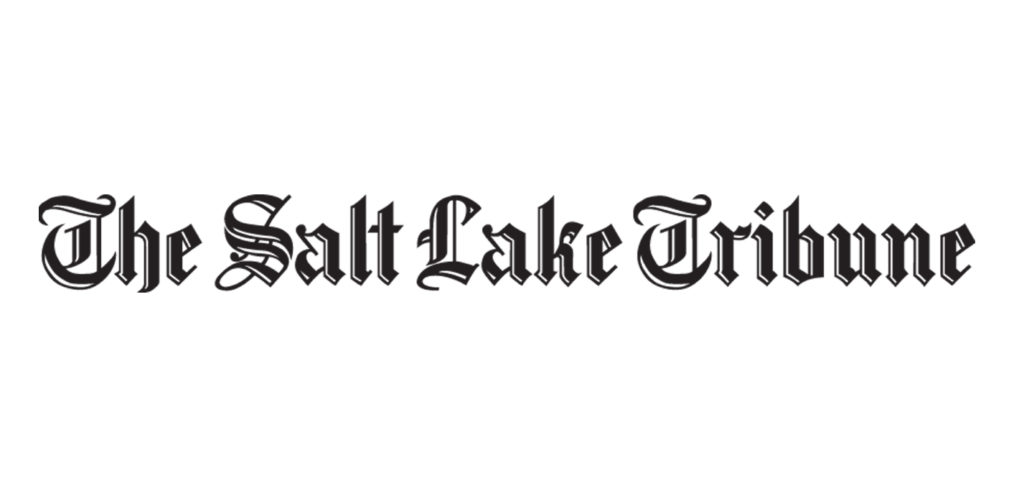
Latinos should speak up for public lands, and Moab plan is good place to start
The Moab area of Utah has some of the country’s most stunning landscapes. With easy access to Arches and Canyonlands National Parks and miles of spectacular red rock landscapes, it’s an internationally renowned adventure destination. In 1776, Fathers Dominguez and Escalante travelled through the area trying to map a route from Santa Fe to Monterey — a part of which eventually became known as the Old Spanish Trail. And Antonio Armijo was one of the first merchants from Santa Fe to travel to Los Angeles on that trail. Needless to say, Latinos have deep roots in the West and we share a heritage and love for these treasured landscapes.
Today, Latinos use this region for recreation, to explore historical roots, for hunting and fishing, ranching and more. Also, once Latinos are introduced to these public resources, they often become passionate enthusiasts. Recent research by OIA ConsumerVue found that Latinos spend $592 per person per year on outdoor gear, compared with the $465 the average outdoor consumer spends. Regardless of their heritage or their importance to the recreation economy, their voice is typically missing when it comes to discussions regarding the management of these public lands.
Public lands are exactly that — public. And while they provide for many recreational uses, some areas are also leased to private interests for things like oil and gas development.
Currently, the BLM is assessing a proposed Master Leasing Plan (MLP) that maps out the future of oil and gas development on about 785,000 acres of public lands near Moab — and a public commenting period is in progress right now. In fact, on Tuesday there will be a public meeting in Salt Lake City, and we are all invited to attend. It’s time for Latinos to come to the table to ensure our community’s interests are protected.
Oil and gas development on public lands affects us all. Yet decision-making about where to drill typically excludes diverse stakeholders, including Latino communities. As a result, our access to these lands for recreation, subsistence, education and traditional cultural uses could be impeded.
We need a broader constituency of advocates — broader than just the business community or the environmental community — to protect these lands. Latinos are an especially important stakeholder given our historical and cultural ties to these lands and waters. It is time to raise our voices.
Throughout my 30-year career with the Forest Service and the Bureau of Land Management (five of which I was the state director of the BLM in Utah), I was saddened because most of my fellow Latinos were not active in voicing their ideas and opinions regarding the management of public lands. The people who came to my office were almost always business people, local and state governments or environmental groups. Perhaps, like I was 30 years ago, they are unaware that this incredible resource belongs to them, too.
After stepping down from the BLM, I joined Hispanics Enjoying Camping, Hunting and the Outdoors (HECHO). Our mission is to provide information to Latino communities on these important public land policy discussions, and for them to become more involved as we seek balanced land uses.
Latinos are the nation’s largest minority group and among its fastest growing populations. Soon, there will be 100 million Latinos in the US – mostly in the west. More of us need to introduce ourselves to the BLM and forest service, and be inspired to have a more intimate relationship with our natural surroundings. If more people go out and hike and bike and raft the rivers and look at the magnificent scenery, they will not only re-connect with their heritage, they will also be more likely to become advocates for their public lands. With HECHO and other partner organizations, we can accomplish this together.
Join me in letting the BLM know that oil and gas development needs to be balanced with other economic engines, such as tourism, in the Moab region. These are lands we have enjoyed for centuries and want to protect for future generations. The BLM should be proactive in creating certainty for all of the important uses of these lands, and engaging participation with diverse stakeholders.
Juan Palma is former director of the Bureau of Land Management in Utah and currently chief conservation officer of Hispanics Enjoying Camping, Hunting and the Outdoors (HECHO).
Original post can be found here: http://www.sltrib.com/opinion/3015575-155/op-ed-latinos-should-speak-up-for
